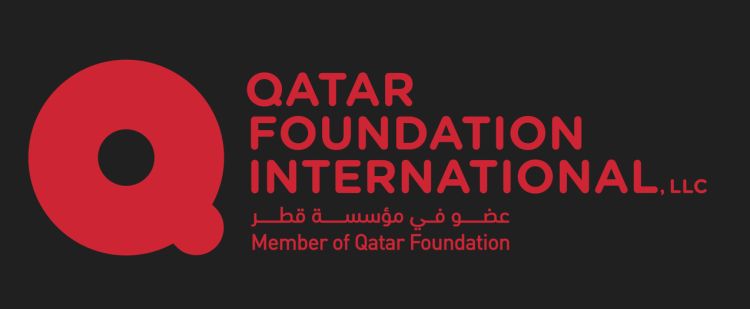Research project
What might an effective multiglossic approach to Arabic look like
- Start date: 1 August 2025
- End date: 31 December 2026
- Funder: Qatar Foundation International
- Primary investigator: smlrso; smlmto
- External co-investigators: Fauzia Saeed
Value
$70,000
Description
Introduction & Rationale
Although Arabic is widely recognised as a multiglossic language composed of Modern Standard Arabic (FusHa) and numerous regional varieties (RVs), secondary school instruction in the UK continues to prioritise FusHa. This preference persists despite broader Applied Linguistics scholarship highlighting the importance of addressing linguistic variation in L2 teaching. To tackle this disconnect, Soliman and Towler (2023) introduced a set of pedagogical Guidelines designed to promote awareness and incorporation of RVs in Arabic classrooms. However, feedback from a practitioner forum revealed that educators still find the multiglossic approach daunting and under-researched, particularly regarding its practical feasibility. Furthermore, some teachers fear that incorporating RVs may hinder students' acquisition of FusHa, highlighting the need to empirically assess the impact of multiglossic teaching on FusHa skill development.
Context & Need for Research
In the UK context, the focus of Arabic examinations on FusHa reinforces the marginalization of RVs, especially within time-constrained mainstream secondary schools. Teachers often feel pressured to concentrate exclusively on FusHa to prepare students for these exams. However, research emerging from the Integrated Approach suggests that including RVs may in fact support, rather than hinder, the development of FusHa skills (e.g., Oraby & Azaz, 2023; Trentman, 2018).
Consequently, further research tailored to the UK school context is necessary to evaluate whether applying the Guidelines facilitates FusHa acquisition while promoting multiglossic awareness.
Theoretical Framing & Learner Perspective
Beyond linguistic competence, including RVs can enhance learner motivation and identity formation. Heritage learners often find RVs affirming of their cultural identity, while non-heritage learners benefit from access to authentic language use. However, the Guidelines currently do not explicitly incorporate learner perspectives. Drawing on Norton's (1995, 2000) investment theory, this study will explore how learners' identity, confidence, motivation, and engagement intersect with multiglossic instruction. Investment theory provides a robust framework for examining the social and emotional dimensions of language learning, helping to assess the full impact of the Guidelines on student experiences.
Research Questions
To address the above gaps, this study investigates the implementation of a multiglossic approach to Arabic instruction at the GCSE level in a UK state-funded secondary school, through the following research questions:
- Are any language attitudes learners hold likely to prevent the use of a multiglossic approach in UK schools? If so, what are these language attitudes?
- Does using a multiglossic approach to teaching Arabic have a positive effect on:
a. Learner confidence?
b. Learners’ sense of identity?
c. Learners’ self-efficacy?
d. Learners’ understanding of Arabic as a multiglossic language?
e. Learners’ use of Arabic outside of the classroom? - Does a multiglossic approach to teaching Arabic affect learners’ development of FusHa skills?
Methodology
To explore these questions, the study will use an experimental design with two Year 11 Arabic GCSE classes. The teacher will be trained in the Guidelines and apply them in one class (the experimental group), while the other class will serve as the control. Learners will be randomly assigned to ensure a balanced number of heritage and non-heritage students in each group. Pre-tests will include a mock GCSE exam (to assess FusHa skills, RQ3) and a questionnaire based on Norton's investment theory (to assess attitudes, self-efficacy, and identity, RQs 1–2). The experimental class will spend 10 minutes per week on structured discussions about RVs, their uses, and their relationship to FusHa. Learners will be permitted to speak in RVs and code-switch. In the control group, RVs will only be acknowledged when raised by students and will be redirected toward FusHa use.


